What Happens to Your Body When You Stop Eating Processed Meats
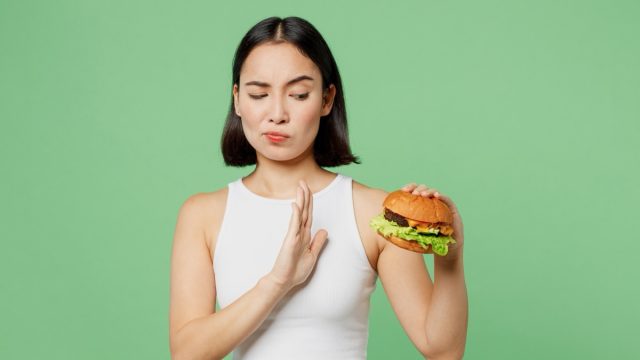
Processed meats are a staple of the standard American diet—and experts are warning about the health consequences. "Processed meat is any meat that has been preserved by salting or smoking," clinical dietitian Debra Ruzensky tells MD Anderson Cancer Center. "As well as the well-known examples like hot dogs and bologna, it includes almost all deli meats used in sandwiches, bacon bits added to soups and salads, and sausage and pepperoni you find on pizzas." So why is processed meat damaging to our health, and what happens when you stop eating it? Here's what the experts have to say.
Your Sodium Intake Decreases

Not eating processed meats will mean less sodium in your diet. "Processed meats are any meats transformed by salting, curing, smoking or adding chemical preservatives," says UCLA Health. "That transformation often leaves processed meat with a high concentration of salt, in addition to the saturated fat many types of meat already contain. The added salt can quickly add up, increasing blood pressure, weight, and the risk of heart disease – three common causes of CVD."
RELATED: This Is Exactly How to Lose Body Fat This Year
Reduced Risk of Stomach Cancer

Cutting down on processed meats lowers your chance of getting stomach cancer, experts say. "Research shows that eating processed meats like bacon and cold cuts can increase your chances for stomach and colorectal cancer," employee wellness dietitian Lindsey Wohlford tells MD Anderson Cancer Center.
Lower Risk of Colorectal Cancer

When you stop eating processed meats, you lower your risk of colorectal cancer. "The World Health Organization defines processed meat as carcinogenic to humans," nutritional epidemiologist Dr Keren Papier tells The Guardian. "Eating an extra 50 grams of processed meat a day – about two slices of ham – could increase the risk of colorectal cancer by 18%."
Lower Risk of Type 2 Diabetes
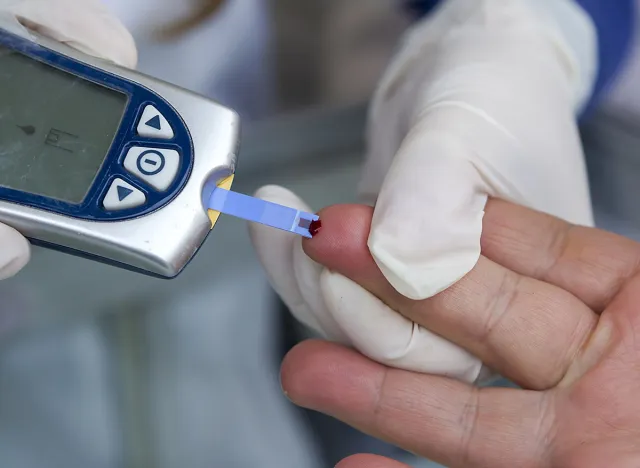
Processed meat is linked to type 2 diabetes, researchers say. "Every additional daily serving of processed red meat was associated with a 46% greater risk of developing type 2 diabetes, and every additional daily serving of unprocessed red meat was associated with a 24% greater risk," according to the Harvard T.H. Chan School of Public Health.
RELATED: Lose 30 Pounds in 3 Months Without Starving Yourself
Lower Haem Iron Intake
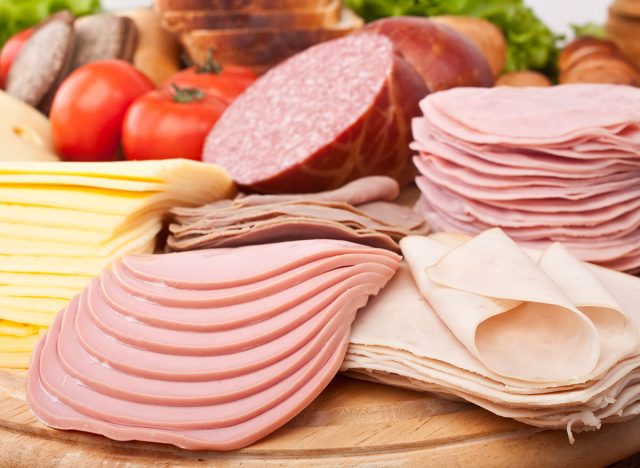
Researchers think the haem iron content of processed meats is part of what makes it so dangerous. "Several potential mechanisms have been proposed to explain the link between processed meat and cancer," says Papier. "One of these is its high haem iron content, which may promote the formation of potentially carcinogenic N-nitroso compounds."
Less Inflammation

Processed meats cause inflammation, experts say. "All processed foods can cause inflammation," says UChicagoMedicine. "They can alter the bacteria that live in our gut, and that alteration has the ability to interact with our immune system and eventually trigger it in a way that leads to chronic inflammation."
Improved Gut Bacteria
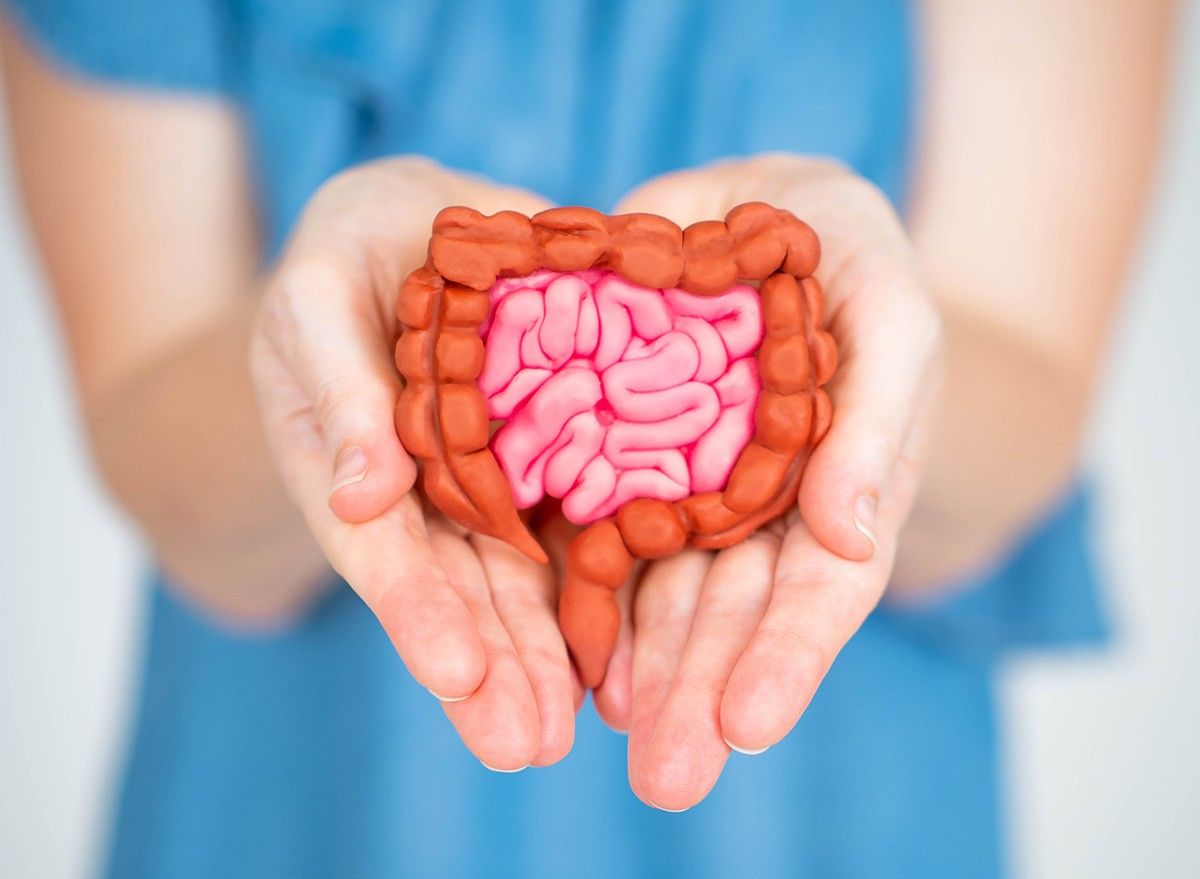
Eliminating processed meats can improve your gut bacteria. "Ultra-processed foods contain large quantities of saturated fat and trans-fat, added sugar, salt, and food additives that seriously affect the gut and physical health," gastroenterologist Preeya Goyal tells PIH Health. "Since the body doesn't have to do much to digest the food, the gut readily absorbs things like sugar, which can cause spikes in blood glucose levels when digested quickly."
Nitrates and Health
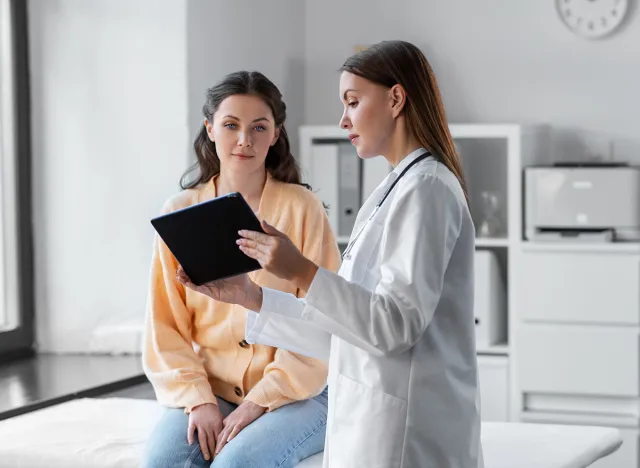
One of the major red flags with processed meats is the use of nitrates. "There is some evidence that the way the meat is processed may have health implications," says Papier. "For instance, curing meat with sodium nitrites, which gives some processed meats their recognizable color, can increase the formation of N-nitroso compounds that may have carcinogenic potential."
Weight Loss

Studies show that processed foods are linked to weight gain. "If we can figure out what it is about ultra-processed foods that drive people to overeat and gain excess weight, then we can at least then target which ones to avoid," says researcher Kevin Hall.
Less Bloating

Processed foods may cause bloating. "Processed foods, such as hotdogs and chips, also can create bloating," according to Orlando Health. "Many processed foods are high in sodium, which makes your body retain water and can cause your stomach to feel bloated. Sugary foods and snacks break down in your body and can make you gassy."
Is Any Bacon Safe?
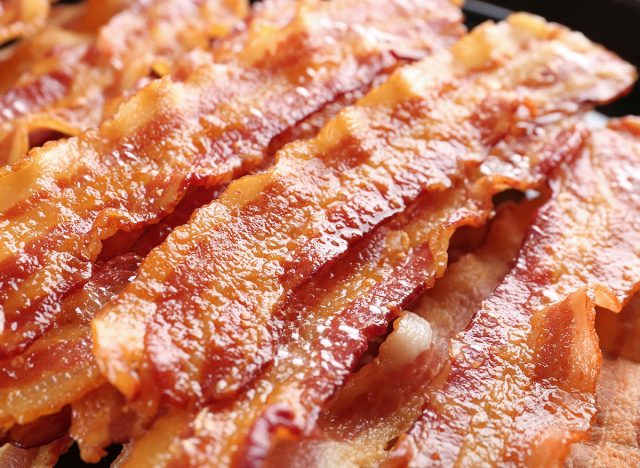
"I've got a lot of bacon-loving friends who ask me this all the time!" Colleen Doyle, MS, RD, Managing Director, Nutrition and Physical Activity at the American Cancer Society, tells NBC News. "Unfortunately, this is another big question mark. It isn't known whether there is a safe level of consumption for processed meat — or for unprocessed red meat." And if you enjoyed this article, take advantage of these 15 Quick Ways to Lose Body Fat Percentage in a Week.




